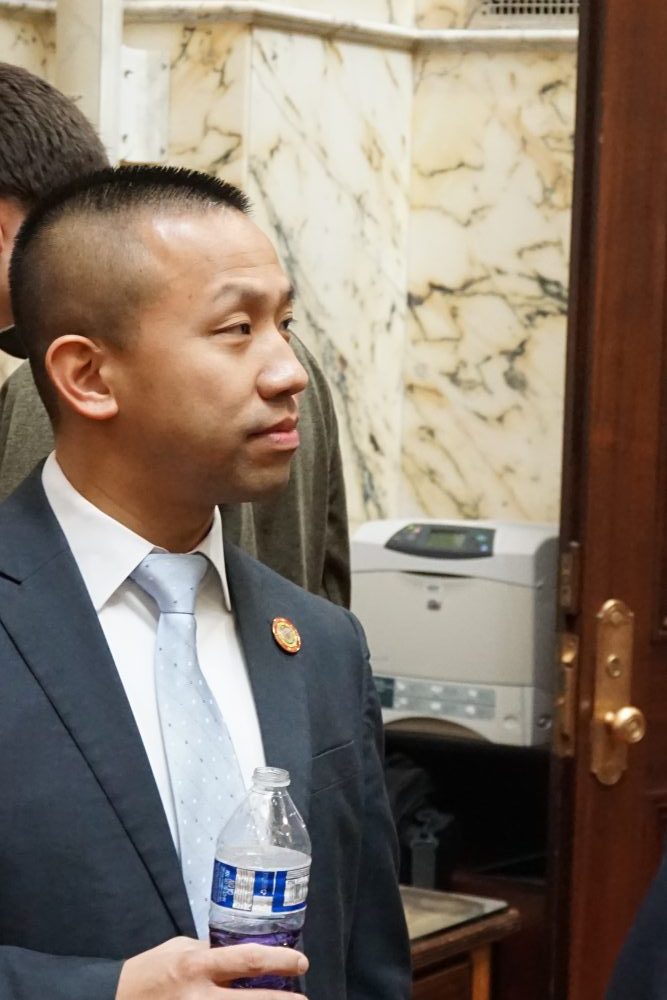ANNAPOLIS, Maryland — Maryland state legislation could allow people to use their Supplemental Nutrition Assistance Program benefits—known as the Food Supplement Program in Maryland—to purchase meals at restaurants.
Sponsored by Sen. Clarence Lam, D-Howard and Baltimore Counties, Senate bill 752 would allow elderly, disabled and homeless people to use their Electronic Benefits Transfer cards to purchase food at participating restaurants, Lam said.
Arizona and some counties in California have restaurant meals programs and there are pilot programs in Rhode Island and Florida, according to the United States Department of Agriculture Food and Nutrition Service.
Rhode Island’s program currently has 10 participating Subway restaurants, according to the University of Rhode Island SNAP Outreach Project.
This bill is scheduled to be heard by a Maryland Senate committee March 14.
Identical legislation, sponsored by Delegate Geraldine Valentino-Smith, D-Prince George’s, on Feb. 21 was heard by a Maryland House of Delegates committee, which has not yet voted on the measure.
The Maryland Department of Human Services announced Wednesday that it will provide all Food Supplement Program benefits for next month on March 6.
Normally distributed on a schedule from the 1st to the 24th of each month, March benefits are being provided up front to aid people affected by the federal government shutdown.
On Friday, another bill passed the House of Delegates 136-2 that would allow more oversight of the Special Supplemental Nutrition Program for Women, Infants and Children.
This special benefits program provides food, health care referrals and nutrition education to low-income women and children up to age 5 who qualify, according to the United States Department of Agriculture Food and Nutrition Service.
House bill 506 would require the Maryland Department of Health to provide state legislators with annual reports through December 2021 detailing how many women, infants and children in the state are receiving the benefits of this program and how many are eligible but not receiving benefits.
There are on average 650,000 people in Maryland receiving a total of $75 million each month from the Food Supplement Program, according to the Maryland Department of Human Services.

